
|
|
|
| |

|
|
| |
The latest neurology news from News Medical |
|
|
|
| |
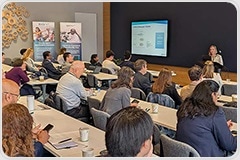 BioIVT Neuroscience Symposium Presentations Now Available BioIVT Neuroscience Symposium Presentations Now Available
Watch recordings and download slides for:
- Translating Diversity and Longitudinal Data into Discovery
- Leveraging MS-Based Proteomics to Drive Biomarker Discovery
- Transporting your way around the CNS
- Restoring UNC13A as a treatment for people with ALS
| |
|
|
| |  | | | 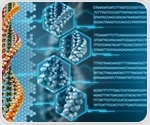 Researchers at the University of Oxford and Nanyang Technological University, Singapore (NTU Singapore) have uncovered the mechanism by which cells identify and repair a highly toxic form of DNA damage that causes cancer, neurodegeneration, and premature aging. Researchers at the University of Oxford and Nanyang Technological University, Singapore (NTU Singapore) have uncovered the mechanism by which cells identify and repair a highly toxic form of DNA damage that causes cancer, neurodegeneration, and premature aging. | | | | |  A new Yale study has revealed that neurons - the energy-hungry cells that connect and direct activity in the brain - are equipped with "backup batteries" that kick in to keep the brain running during periods of metabolic stress. A new Yale study has revealed that neurons - the energy-hungry cells that connect and direct activity in the brain - are equipped with "backup batteries" that kick in to keep the brain running during periods of metabolic stress. | | | | | 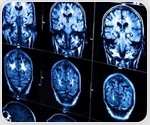 A new Simon Fraser University-led study reveals interbreeding between humans and their ancient cousins, Neanderthals, as the likely origin of a neurological condition estimated to impact up to one per cent of people today. A new Simon Fraser University-led study reveals interbreeding between humans and their ancient cousins, Neanderthals, as the likely origin of a neurological condition estimated to impact up to one per cent of people today. | | | | | 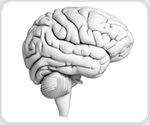 Scientists use a precise form of gene editing called prime editing to correct the most common genetic mutations that cause alternating hemiplegia of childhood, a rare and severe neurological disorder that begins in infancy. Scientists use a precise form of gene editing called prime editing to correct the most common genetic mutations that cause alternating hemiplegia of childhood, a rare and severe neurological disorder that begins in infancy. | | | | |  A $1.1 million grant from the parent-caregiver-led Rare Bird Foundation to Weill Cornell Medicine is supporting the launch of a natural history study for a rare neurodevelopmental disorder that causes developmental delays and seizures called MEF2C Haploinsufficiency syndrome (MCHS). A $1.1 million grant from the parent-caregiver-led Rare Bird Foundation to Weill Cornell Medicine is supporting the launch of a natural history study for a rare neurodevelopmental disorder that causes developmental delays and seizures called MEF2C Haploinsufficiency syndrome (MCHS). | | | | | 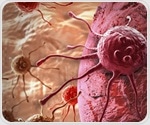 The University of Virginia School of Medicine's Harald Sontheimer, PhD, and Stanford's Michelle Monje, MD, PhD, have received the 2025 International Prize in Translational Neuroscience from the Gertrud Reemtsma Foundation for their pioneering research in the emerging field of cancer neuroscience. The University of Virginia School of Medicine's Harald Sontheimer, PhD, and Stanford's Michelle Monje, MD, PhD, have received the 2025 International Prize in Translational Neuroscience from the Gertrud Reemtsma Foundation for their pioneering research in the emerging field of cancer neuroscience. | | | | | 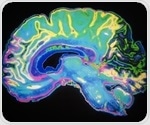 In a key advance for regenerative medicine and gut health, scientists from Duke-NUS Medical School and Nanyang Technological University, Singapore (NTU Singapore) have uncovered a precise and unexpected communication system in the gut. In a key advance for regenerative medicine and gut health, scientists from Duke-NUS Medical School and Nanyang Technological University, Singapore (NTU Singapore) have uncovered a precise and unexpected communication system in the gut. | |
|
|
| | | How would you rate today's newsletter?
| |
|
|
| | |
 |
Stay updated with the latest in health and medical news! Follow News‑Medical.net on Google News for real‑time updates. Click here to follow us now. |
| |
|
|
|
|
|
|
|